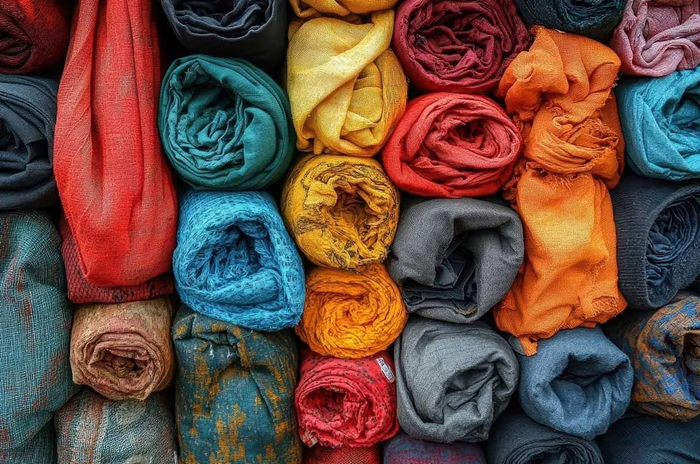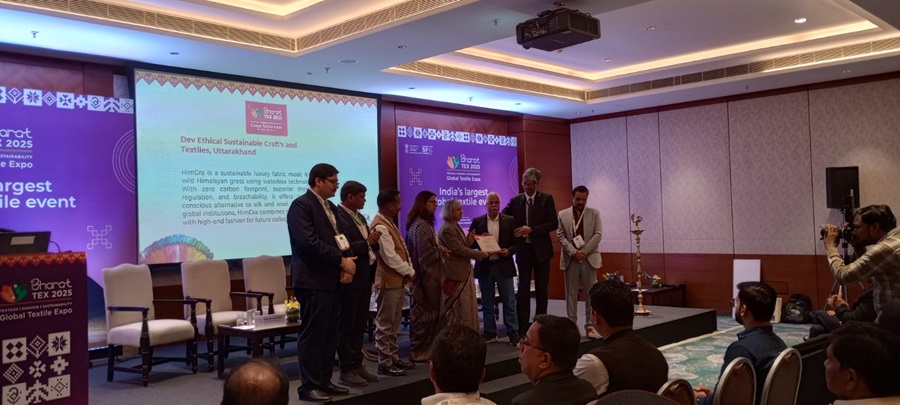The US has decided to suspend the payment of $ 147 million it annually makes to Brazilian cotton farmers. The payment to Brazilian Cotton Farmers Fund is made to prevent the South American country from legally retaliating against unrelated US imports.
The US lost a case brought by Brazil in 2002 before the World Trade Organization. Brazil was joined by sub-Saharan cotton farming countries in successfully claiming that American cotton subsidies suppressed prices and hurt their impoverished farmers.
A World Trade Organization arbitration panel ultimately authorized Brazil to raise $591 million a year in retaliatory tariffs against US imports, and Brazil announced in late 2009 that it planned to target 222 categories of goods, including textiles, acetaminophen and certain intellectual property. That's when Congress stepped in and authorized the $147.3 million annual payments, in effect subsidizing the Brazilian cotton industry.
In fact, most US taxpayers will be stunned to know their country is making such a hefty payment to foreign farmers. Some people say Federal farm subsidies are bad fiscal, environmental and agricultural policy; bad water, energy and health policy; and bad foreign policy. They object to cotton subsidies, which divert huge money every year to fewer than 20,000 planters who tend to use inordinate amounts of water, energy and pesticides.












